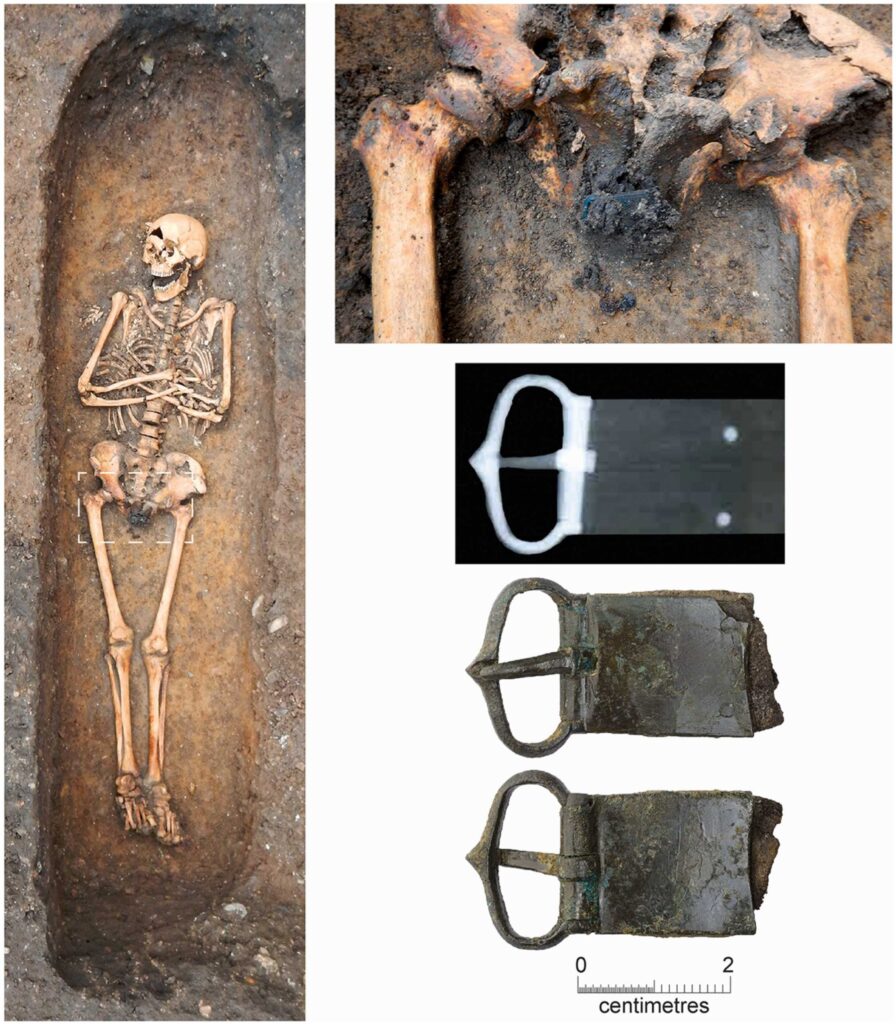Mediaeval monks were food for worms, even in life.
Life for the ordinary mediaeval European person was, well, nasty.
If you weren’t starving, freezing, dying in war, dying in infancy or childbirth, dying from horrible diseases, dying from now-trivial infections or having whatever this is done to you

… you were probably eating poorly and had a literal cesspit for your daily ablutions. All the while fearing eternal damnation for whatever litany of sins might have put you on Satan’s radar since your last confession.
With all the turmoil, violence and general grottiness of profane life it’s not too hard to see the appeal of the monastery: days spent gardening, illuminating texts or distilling booze, with plenty of prayer time to keep your soul clean. Not to mention guaranteed meals and a better standard of amenity, i.e. latrine blocks with handwashing facilities.
Studies of human remains from mediaeval monasteries show monks had better life expectancy than their parish neighbours, probably because of their better diets.
So imagine these researchers’ surprise when they studied the remains of Augustinian monks living in Cambridge in the 13th-14th century and found they had twice the rate of intestinal parasites as the poorer townsfolk nearby.
The team exhumed 19 monks from the friary cemetery and 25 adults from the All Saints by the Castle parish cemetery who died within roughly a century of each other. They took samples from their sacral bones and control samples from their craniums (where intestinal parasites would not be unless the ground were contaminated).

They found parasite eggs, mostly roundworm, in about 60% of the monks and in 32% of the townsfolk – figures that are likely to be underestimates given the parasite eggs were degraded and had probably been reduced by fungi and insects.
To explain the difference, the authors speculate, horrifyingly, that the monks may have been fertilising their gardens with latrine waste. All those prayers and the Lord never once answered with a horticultural hot tip: For the love of Me, stop doing that?
The authors cite contemporaneous medical manuscripts that show people were familiar with the existence of intestinal worms. Unfortunately that’s as far as the understanding went; according to the Practica brevis of Johannes Platearius: “Long round worms form from an excess of salt phlegm, short round worms from sour phlegm, while short and broad worms came from natural or sweet phlegm. Bitter medicinal plants like aloe and wormwood kill these intestinal worms, but they need to be disguised with honey or other sweet things.”
Another text says a plant called shepherd’s purse should be worn round the neck to cause worms to drop out; another remedy is a poultice of colocynth, centaury and bull’s gall cooked in vinegar applied to the belly; another is a drink involving a powder made (with a really tantalising lack of detail as to how) from a mole.
Be thankful for when you were born.
If you see something that makes your insides lurch, send it to penny@medicalrepublic.com.au.


